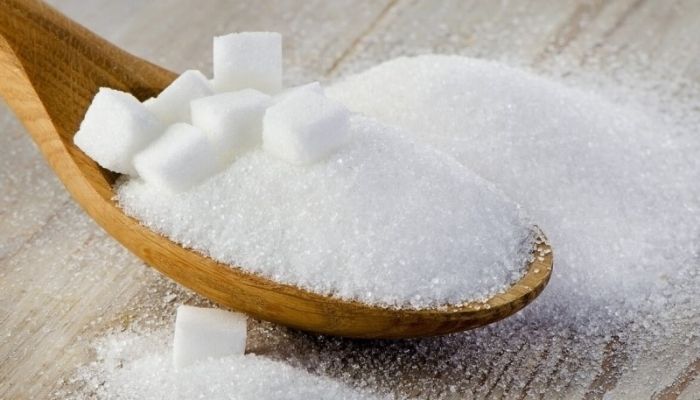The Nigerian government, through the National Sugar Development Council (NSDC), is urging both local and international investors to explore opportunities within the country’s sugar sector.
According to NSDC’s Executive Secretary, Kamar Bakrin, Nigeria’s annual sugar demand is approximately two million metric tonnes, creating a $2 billion local market.
Furthermore, Africa’s export market presents an additional $7 billion opportunity, positioning Nigeria to benefit from both local demand and international trade.
Bakrin recently highlighted that Nigeria’s reliance on imported sugar, which meets the shortfall of about 1.75 million metric tonnes, underscores the urgent need for local production. By expanding domestic production, Nigeria could curb its $1 billion annual expenditure on sugar imports and conserve foreign reserves, which are essential for economic stability.
- Advertisement -
Currency fluctuations have made local sugar production more competitive while rising costs for importers make this an opportune time for investors. Bakrin pointed out the favorable economic returns, noting the high Net Present Value (NPV) and Internal Rate of Return (IRR) in the sector, supported by Nigeria’s investment-friendly policies and the NSDC’s Backward Integration Plan (BIP).
The NSDC’s commitment extends to a community integration model, ensuring sustainable growth by mandating sugar operators to allocate part of their investments to local projects such as schools and healthcare facilities. This model aims to foster community support, making the industry more secure and sustainable.
By 2025, the NSDC seeks to expand the sugar sector’s land bank by over 80,000 hectares and implement an Outgrowers Scheme to engage local farmers. With Nigeria’s vast arable land, Bakrin is optimistic about achieving self-sufficiency in sugar production, estimating a $5 billion investment requirement to bridge the current gap.
The council has also invested in developing high-value sugar by-products, such as ethanol and bioplastics, which could further diversify the economy.










